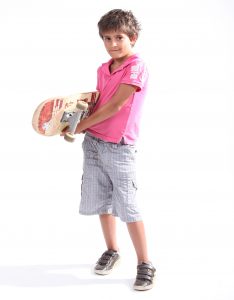Under Indiana law, a juvenile is a person who is between 10 and 17 years old. Once a person turns 18, they are considered adults in the eyes of the law. Continue reading to learn more.

Juvenile Criminal Lawyer 317-636-7514
The definition of a juvenile is not universal. The specifics regarding the start and end of the juvenile age spectrum vary from state to state, and even under federal law. In terms of committing crimes, juveniles are tried differently depending on a number of factors, including the severity of the crime and age of the juvenile. In most cases, juveniles who commit crimes are tried in the juvenile court system. However, if a juvenile is close to their 18th birthday, and their crime was egregious or severe, they can be tried in the adult criminal court system.
Juvenile Court
The juvenile court system has a separate set of rules and procedures. One of the most apparent differences between juvenile and adult criminal court is the level of rights given to defendants. Juveniles are entitled to less rights than defendants in adult criminal court since they are usually still under their guardians custody. For instance, many states do not allow trial by jury for juvenile offenders; however, all states give juveniles the right to an attorney and the right to an appeal.
Minor Versus Juvenile
Many people are confused by the term minor. A minor is both the same and different from a juvenile. A minor is any person that is prohibited to perform a certain activity, such as driving a car, voting, and drinking alcohol. If a person is under the age of 21, they are considered a minor when it comes to alcohol consumption. If a person is under the age of 18, they are considered a minor when it comes to voting. In contrast, juveniles are specifically persons between a certain ages.
Children Under 10 Years Old
If a child under the age of 10 years old commits a crime, they are not tried in the juvenile court system. Instead, they are entered into a state-run or government-administrated social services program. Here, they are evaluated and rehabilitated by professionals in the social service and child care industries. It is important to talk to an experienced Indianapolis criminal defense attorney if your juvenile or child has been charged with a crime. They have the knowledge and resources to defend your child’s case and avoid the maximum penalties for their charges.

Criminal Defense Lawyer 317-636-7514



